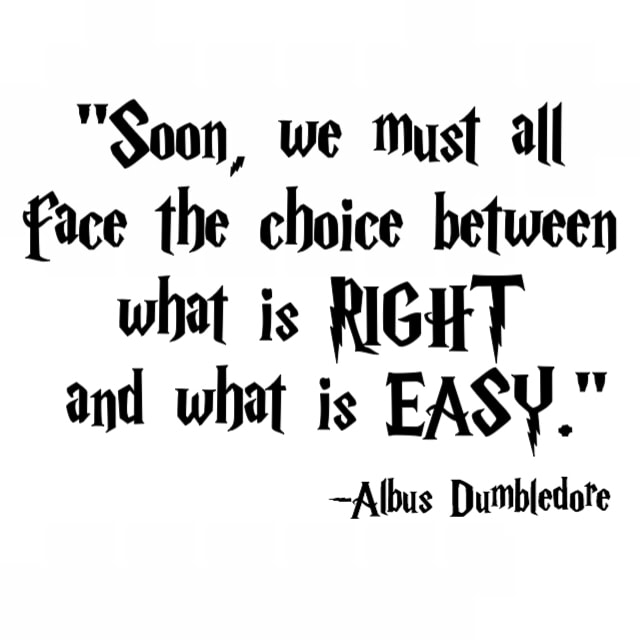 Meditation My challenge for week two is to devote 10 minutes each day to MEDITATION. Start date: 2/10. 10 minutes may not sound like much, but it is certainly a challenge for me to focus that attention to something like this! I am using a recommended free resource, INSIGHT TIMER. This morning, I listened to Jonathan Lehmann's 'Morning Mediation with Music'. Will report back by the end of the week! Who is joining me? What resources are you using? Any recommendations? Here's to a more peace-filled and focused week, Kate END OF WEEK UPDATE: Shorter Version: Yes, I really enjoyed this challenge. I know meditation has lots of benefits, but it is something I had previously failed to do in this direct capacity. What I mean is, I focus on my breathing while walking around, I pray, I do yoga stretches, etc., but I don’t just sit in a place devoid of distraction and listen to someone talking about breathing and positive affirmations for a devoted 10-minute chunk of time. Until this week! Anyone else find the moment they try to go to sleep they realize how busy their brains are? I certainly do. The biggest takeaway for me so far has been that these 10-minute chunks of time allow my brain to calm down a bit. I have not been doing the meditation at night, but I am sure that it would help the brain ‘switch off’ so to speak for sleep. Taking a moment during the day, I am finding that it is a nice opportunity for my mind to let things go a bit, calm itself down, therefore calming me down, and feel a bit more focused leading out of it. Also, the focus on breathing deeply for an extended amount of time is so good for us. It energizes us, cleanses the body, and, well, here-- if you are interested in more, let the experts speak. Longer Version: M: Insight Timer used each day. Searched Jonathan Lehmann, who was recommended to me almost a year ago. ‘Morning Meditation with Music’. I’m a fan. Sat on the bench at the end of my bed with my phone on silent (other than the app of course). I enjoyed that he gave me bits to focus on and think about, otherwise I believe my mind would have been quite scattered. T: Decided to see what other meditations I could find. Tried ‘Self Love Meditation’ by Clara Wisner. W: Checked what other meditations Jonathan had. Found ‘Dumbledore Morning Practice’. You don’t have to tell me twice, I’m in. I loved the quote he based this one on:
Th: Tried another again. ‘Learning To Surrender’ by Sarah Blondin. The beauty of these led practices is how one person may speak to you more than another, but vice versa for your friend doing meditation. This one was lovely, but just not for me quite as much as the prior ones I found. Fri: Today actually came in two parts, as I realized I had such a small window of time before I had to leave. But I decided to do five minutes right then anyway. And then five later. While I was not as calm and re-energized after a full ten, I liked having to challenge myself to stop for two different times in the day ;) Went back to ‘Dumbledore’ ;) After: I plan to continue this. Will look into other types of guided meditation as well (better for me than on my own ‘just closing my eyes’ for a set time). How did this go for you? Did you find any guided meditations you can share? NEXT WEEK: Write for 30 minutes each day. I find writing soothing and enjoyable, and since it feels like a luxury rather than a necessity, my productivity urge sets in and says, well I have to do XYZ first….which usually turns into, XYZ and QRS and ABC. And there goes the time to write. But I enjoy it and it is a healthy way to bring calm and focus (seeing a trend with these challenges?)-- so the Week Three Challenge is to WRITE. 30 min minimum. Who’s in this week? Or do you have a variation on this theme you’d like the impetus to make happen-- perhaps you find enjoyment in yoga but feel it isn’t ‘productive enough’ to add it in to your regular gym workout and work day? Or painting? Or pottery? What is your version of writing? -- From the article linked above: Does Deep Breathing Really Do Anything? Deep Breathing FundamentalsWhen you take a deep breath in, your heart rate quickens slightly. As you exhale, your heart rate slows. Repeated deep breaths will naturally bring your heart rate more in sync with your breath. This leads your brain to release endorphins, which are chemicals that have a natural calming effect. But if you’re stuck shallow breathing, that endorphin release doesn’t happen. It’s no coincidence that deep breathing is the groundwork in so many types of meditation. This calming effect can be so significant that there’s research linking meditation to a reduction in stress, anxiety, and depression symptoms; as well as improved sleep and focus. And it all comes back to the breath. But that’s not all that happens. Meditation and the BrainSome studies show that meditation can change the structure of our brains and improve neuroplasticity. This could be due to the fact that the brain is so oxygen dependent, using 20% of the body’s oxygen supply. And just like any other body part, if it doesn’t get what it needs, symptoms can manifest. So, a deficit in oxygen could cause you to feel foggy, unfocused, or on edge. None of this is to say that taking a few deep breaths now and then will cure your depression, but more so this type of breathing practice might stand to be a useful coping tool for lessening symptoms for a range of issues. If you’re ready to give deep breathing practice a try but you don’t know where to start, here are a couple of options you can try right at home.
0 Comments
Leave a Reply. |
Be.
|

 RSS Feed
RSS Feed
